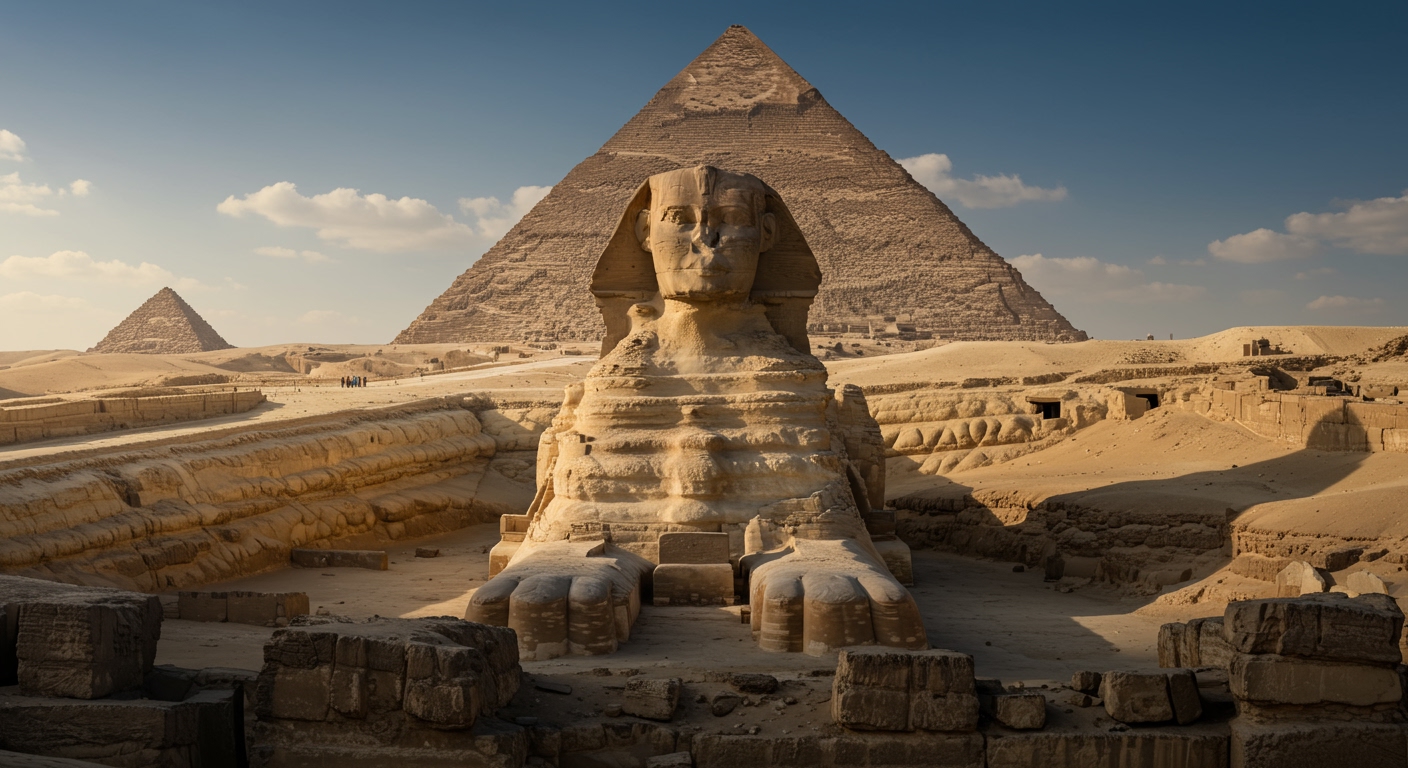Introduction: The Unsung Messiah – Why Ben Joseph’s Story Matters
Beyond the Familiar: Introducing Messiah Ben Joseph
The world often hears of one Messiah, but ancient Jewish texts tell a different, more complex story. For centuries, Jewish tradition has spoken of two distinct messianic figures: Messiah Ben David, the triumphant king, and Messiah Ben Joseph, the suffering servant. This article delves into the often-overlooked, hidden story of Ben Joseph, a pivotal messianic figure whose prophecies profoundly shaped messianic expectations before and during the time of Jesus. Understanding the concept of a Ben Joseph Messiah before Jesus offers invaluable insights into the rich tapestry of ancient Jewish eschatology.
Who is Messiah Ben Joseph? Defining the Suffering Servant
The Dual Messiahs: Ben Joseph vs. Ben David
Traditional Jewish thought distinguishes between two messianic roles. Messiah Ben David (Mashiach ben David), a descendant of King David, is envisioned as the ultimate redeemer, a triumphant king who will rebuild the Temple, gather the exiles, and usher in an era of universal peace. In contrast, Messiah Ben Joseph (Mashiach ben Yoseph) is cast in a different, more somber light. He is prophesied to descend from the tribe of Ephraim, a direct descendant of Joseph, the patriarch who saved his family from famine.

The Role of the First Messiah: War, Sacrifice, and Atonement
The primary mission of Messiah Ben Joseph is to lead Israel in the climactic, pre-redemptive battle against the forces of evil, often associated with the war of Gog and Magog. This is not a battle for ultimate triumph, but a sacrificial one. His most defining characteristic is his prophesied death in battle, not as a failure, but as a profound, sacred sacrifice. This death is understood to atone for Israel’s sins, paving the way for the ultimate redemption brought by Messiah Ben David. He is the suffering servant, whose temporary death and eventual resurrection alongside Messiah Ben David underscore his critical role in the messianic process. His life and death serve as a precursor, a spiritual and physical cleansing that prepares the world for the final redemption.
Tracing the Origins: Historical Evidence for the Concept of Ben Joseph
Ancient Roots: Where the Concept Emerges
While the Hebrew Bible does not explicitly name a specific person as “Messiah Ben Joseph,” the concept of a suffering messianic figure from Joseph’s lineage has deep biblical roots. Joseph the patriarch himself serves as a powerful prototype: betrayed by his brothers, suffering in Egypt, yet ultimately saving his people. Prophecies in Genesis (Jacob’s blessings to Joseph’s sons, Ephraim and Manasseh), Deuteronomy, and particularly Zechariah 12:10 (referring to mourning for “the one they have pierced”[1]), are often cited as allusions that foreshadow the role of the Messianic figure Ben Joseph. These ancient texts laid the groundwork for later rabbinic development of the concept.

Rabbinic Literature and Early Mentions
The concept of Messiah Ben Joseph truly solidifies within rabbinic literature. Its presence in key Jewish texts provides compelling Ben Joseph historical evidence:
- Talmud: One of the earliest and most explicit rabbinic references appears in Tractate Sukkah 52a, which discusses the mourning for the slain Messiah Ben Joseph, linking it directly to the prophecy in Zechariah 12:10.[2]
- Midrashim: Various Midrashic collections elaborate on Ben Joseph’s role, depicting him as a valiant warrior leading the initial battles against evil forces and enduring great suffering for Israel.
- Zohar and Kabbalistic Writings: In the mystical tradition of Kabbalah, particularly the Zohar, Ben Joseph’s role is further expanded. He is seen as a mystical bridge, a figure whose redemptive suffering helps to transform darkness into light, preparing the spiritual realm for final redemption.
- Dead Sea Scrolls: While not directly naming Ben Joseph, the Dead Sea Scrolls contain references to two messianic figures – a priestly Messiah and a royal Messiah – suggesting a pre-existing notion of dual messianic roles that could have influenced or paralleled the development of the Ben Joseph concept.[3]
These texts collectively showcase the deep-seated origins of Messiah Ben Joseph within Jewish thought, demonstrating that this wasn’t a fringe idea but a significant part of messianic expectation.
The Hidden Narrative: Why Ben Joseph’s Story Remained Obscure
Theological Shifts in Early Christianity
The rise of early Christianity played a significant role in obscuring the distinct identity of Messiah Ben Joseph. Early Christians interpreted Jesus as fulfilling *both* the suffering servant prophecies (traditionally associated with Ben Joseph) and the triumphant king prophecies (traditionally associated with Ben David). By integrating these roles into a single person, albeit in two comings (first as a suffering servant, second as a reigning king), the Christian theological framework effectively replaced the distinct Jewish idea of two separate messiahs. This interpretation, while central to Christian belief, inadvertently contributed to the ‘hidden’ status of Ben Joseph’s story within broader discourse.

Jewish Responses and the Preservation of Identity
The Christian claim that Jesus fulfilled the suffering Messiah prophecies created a complex challenge for Jewish thinkers. To preserve Jewish identity and distinguish it from the burgeoning Christian movement, rabbis sometimes distanced themselves from overt emphasis on the suffering Messiah concept, especially after the claims made about Jesus. While the traditions of Ben Joseph remained within rabbinic texts, they became less prominent in public discourse, effectively leading to the hidden story of Ben Joseph from broader public knowledge. This was a strategic move to safeguard the unique Jewish understanding of messianic redemption.
The Disruptive Truth: Challenging Conventional Beliefs
The idea of a dying or suffering Messiah, particularly one who precedes the ultimate redeemer, was a profoundly disruptive truth for both traditional Judaism and mainstream Christianity. For traditional Judaism, the anticipation was primarily for the triumphant Ben David Messiah before Jesus, who would bring immediate and unequivocal redemption. The concept of a suffering precursor, though deeply rooted, was complex and potentially unsettling. For mainstream Christianity, the notion of a separate, suffering Messiah Ben Joseph before Jesus could challenge the singularity of Jesus’ messianic role. This inherent disruptiveness further contributed to the obscurity of Ben Joseph’s narrative, making it a truly ‘hidden’ chapter in religious history.

Ben Joseph’s Enduring Legacy and Modern Interpretations
Contemporary Jewish Views
Despite its historical obscurity, some modern Jewish thinkers continue to engage with the concept of Messiah Ben Joseph. This engagement is often seen in the context of understanding suffering, redemption, and the ongoing challenges faced by the Jewish people. His story provides a framework for processing national and individual tribulations, seeing them as part of a larger redemptive process that ultimately paves the way for the coming of Messiah Ben David.
Messianic Jewish and Christian Perspectives
Within Messianic Jewish communities, the concept of a Messianic figure Ben Joseph often finds a unique interpretation. Many Messianic Jews see Jesus’ first coming, characterized by suffering, sacrifice, and atonement, as a fulfillment of the Ben Joseph role. His prophesied second coming, where he returns as a triumphant king, is then seen as the fulfillment of the Ben David role. This perspective seeks to reconcile both Jewish tradition and Christian belief. For other Christian perspectives, the phrase “Messiah before Jesus” might refer to a conceptual precursor or a foreshadowing within Jewish thought, rather than a literal individual preceding Jesus.
The Significance of the “Hidden” Revelation
Uncovering this hidden story of Ben Joseph adds immense depth to our understanding of ancient prophecies and religious history. It reveals the multifaceted nature of messianic expectations, demonstrating that the idea of a suffering redeemer was not a novel concept introduced by Christianity, but a deeply embedded and ancient tradition within Judaism itself. This revelation enriches the dialogue between faiths and offers a more nuanced appreciation of the complex spiritual journeys that have shaped our world.
Conclusion: The Unveiled Truth of a Pivotal Figure
Reclaiming a Lost Narrative
The story of Messiah Ben Joseph, though long obscured, is a vital piece of the messianic puzzle. His role as a suffering warrior and precursor, whose sacrifice atones for sins and prepares the world for final redemption, is deeply rooted in Jewish tradition, from ancient biblical allusions to explicit rabbinic and kabbalistic texts. Reclaiming this narrative provides invaluable insights into the multifaceted nature of messianic expectations and challenges simplistic understandings of religious history. The existence of a Ben Joseph Messiah before Jesus profoundly reshapes our perspective on the evolution of messianic thought.
The Everlasting Resonance of Redemption
The human quest for a redeemer is an enduring theme that transcends cultures and centuries. The complex tapestry of prophecies, like those concerning Messiah Ben Joseph, highlights the profound spiritual yearning for ultimate redemption and justice. We encourage readers to explore further, to delve into these ancient texts, and to ponder the profound implications of this “Messiah before Jesus” – a figure whose hidden story illuminates the very heart of messianic hope. What new insights might you uncover?



